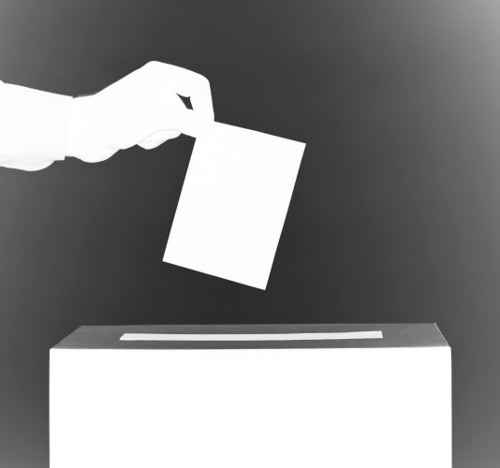Australia fails to listen
 Australia has boldly denied the need for its Constitution to reflect reality.
Australia has boldly denied the need for its Constitution to reflect reality.
Australia’s referendum on constitutional recognition and a Voice for First Nations people has been defeated, with about 39.6 per cent of the population voting in favour, while around 61 per cent opposed it.
The result has left many deeply disappointed, while those who do not believe there is need to hear from one of Australia’s most disenfranchised groups continue to ignore their calls.
Jacinta Nampijinpa Price, a prominent campaigner against the Voice, had claimed that a significant portion of Indigenous Australians did not support the proposal.
However, the overall result contradicted this assertion, as evident in the strong community support for the Voice.
Indigenous populations in voting catchments where they make up more than 50 per cent of the population voted in favour of the proposed Indigenous Voice to parliament, with an average of 63 per cent support.
Notably, the Northern Territory's Lingiari seat, which encompasses Alice Springs and includes a 40 per cent Indigenous population, saw 58 per cent vote against the Voice. However, in remote areas of Lingiari, 74 per cent voted in favour, highlighting the divide within the electorate.
Some regions in Queensland also exhibited a similar trend, with strong support for the Voice in Indigenous communities.
For instance, on Palm Island, with a 93 per cent Indigenous population, 75 per cent voted in favour. In Mornington Island (77 per cent Indigenous) and Lockhart River (nearly 80 per cent Indigenous), 79 per cent and 66 per cent voted ‘Yes’, respectively.
The Yes campaign's handling and focus has come under criticism.
Labor MP Mike Freelander noted that the Yes campaign failed to engage outer urban areas, dubbing it an “echo chamber of elites talking to elites”.
The lack of outreach to these areas contributed to the ‘No’ result, particularly in regions experiencing mortgage stress and limited access to higher education.
While the referendum's outcome is a setback, the call to address cost-of-living concerns and improve living standards for Indigenous Australians remains paramount.
A breakdown of Australia’s regressive, low-information voting patterns is accessible here.








 Print
Print